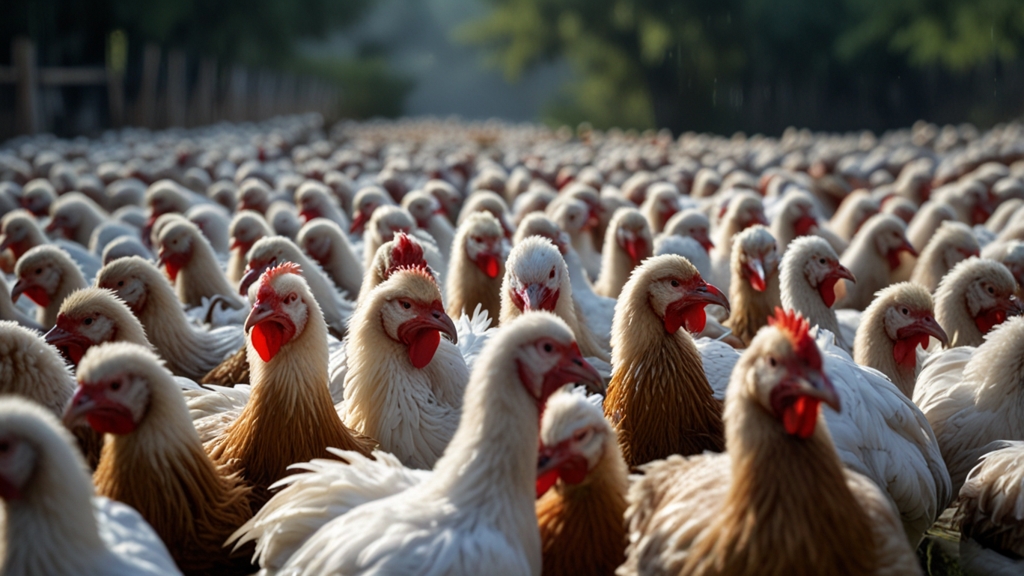Get Ready to Riddle Your Way to Fun and Joy
Riddles have been a source of entertainment and mental exercise for people across generations and cultures. They stimulate the mind, foster creativity, and bring people together in a shared experience of problem-solving and laughter. Whether you're young or old, there's something inherently delightful about cracking a tricky question or stumping your friends with a clever enigma. Let's explore the wonderful world of riddles and discover the joy they bring to our lives.
The Timeless Appeal of Riddles
Riddles have been a part of human tradition since ancient times. Historical records show that they were used in storytelling, education, and even courtship. The beauty of a well-crafted riddle lies in its simplicity and elegance, often wrapped in poetic or playful language. They challenge us to think outside the box, employ logic, and sometimes rely on a bit of wit.
“A riddle is a magical toy that has traveled through time, delighting everyone from ancient scholars to modern children.”
From the enigmatic Sphinx of Greek mythology to the playful rhymes found in children's books, riddles are a universal language of fun. They transcend age, culture, and context, making them a timeless source of enjoyment.
Why Riddles Are Good for You
Riddles aren't just entertaining; they also offer numerous cognitive benefits. Engaging with riddles regularly can:
- Enhance Problem-Solving Skills: Riddles often present a challenge that requires critical thinking and logical reasoning.
- Boost Creativity: Many riddles encourage out-of-the-box thinking, fostering creativity and imaginative solutions.
- Improve Memory: Remembering and recalling riddles can be a great exercise for the brain.
- Encourage Language Development: For children, riddles can be a fun way to enrich vocabulary and understanding of language.
Social Benefits of Riddling Together
Riddles are more than just a solo activity. They bring people together, sparking conversations and laughter. Group riddling sessions, whether with family or friends, can create a shared experience that strengthens bonds. Here are a few ways riddles can enhance social interactions:
- Ice Breakers: Introduce riddles at social gatherings to break the ice and get people talking.
- Team Building: Use riddles in team-building exercises to encourage collaboration and collective problem-solving.
- Family Fun: Incorporate riddles into family game nights for a fun and educational experience.
“Riddles bridge the gap between generations, creating opportunities for shared laughter and mutual respect.”
Tips for Crafting Your Own Riddles
If you're inspired to create your own riddles, here are some tips to get you started:
- Start Simple: Begin with straightforward riddles and gradually increase complexity as you get more comfortable.
- Use Everyday Objects: Craft riddles around common items to make them more relatable and easier to solve.
- Play with Words: Puns, wordplay, and homophones make riddles more interesting and challenging.
- Think Outside the Box: Encourage unique thinking by creating riddles with unconventional answers.
Remember, the goal is to have fun! Share your riddles with friends and family and watch as they enjoy the playful challenge you've created.
Conclusion
Riddles are a delightful way to stimulate the mind, foster creativity, and bring people together. They offer a perfect blend of entertainment and mental exercise, making them a valuable addition to any social gathering or quiet moment of reflection. Whether you're solving them or crafting your own, riddles promise endless fun and joy. So why wait? Get ready to riddle your way to happiness!






